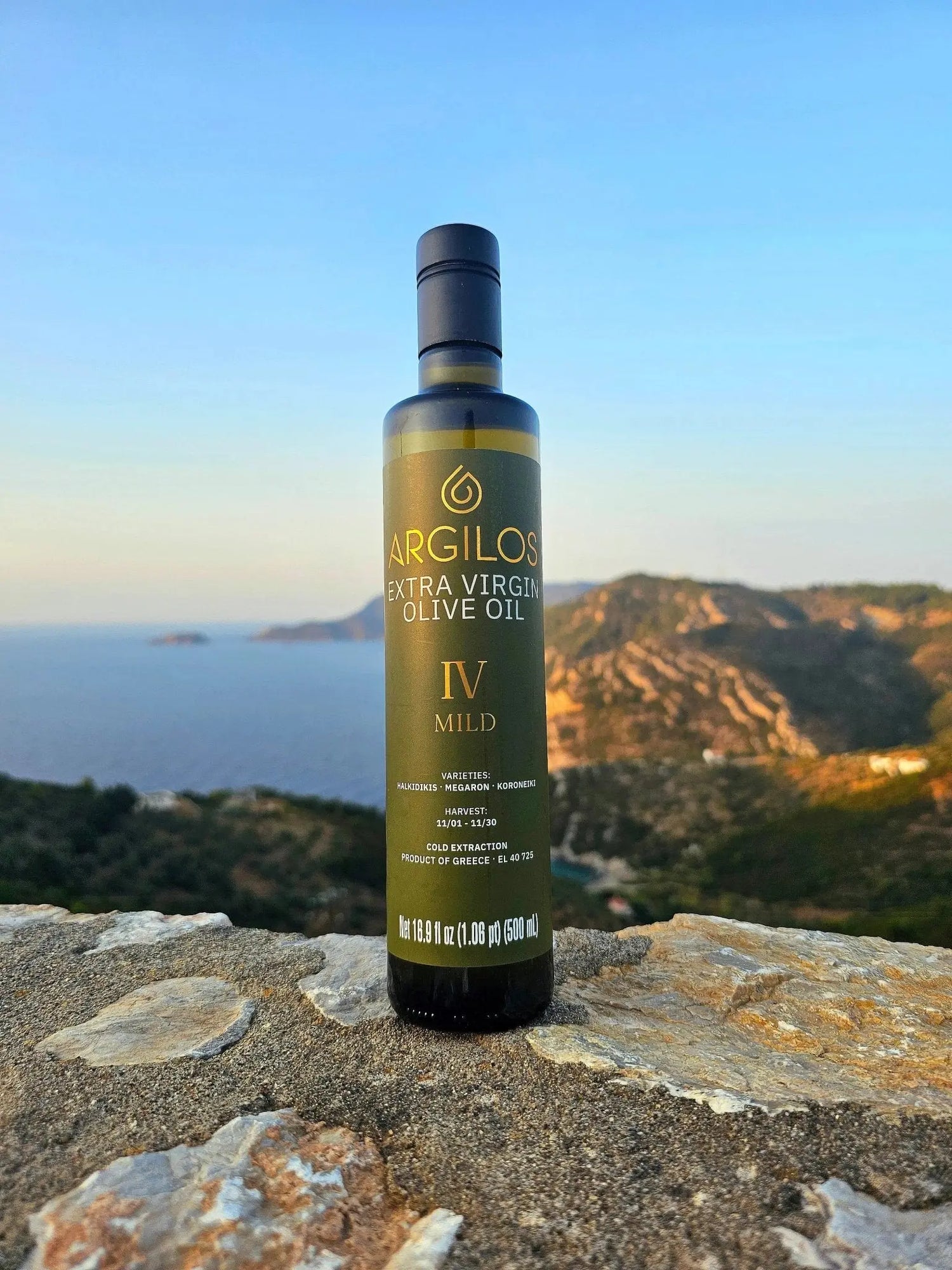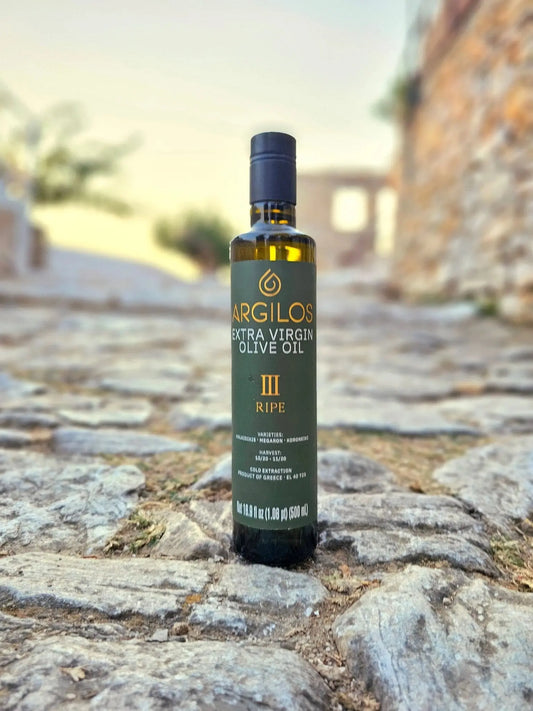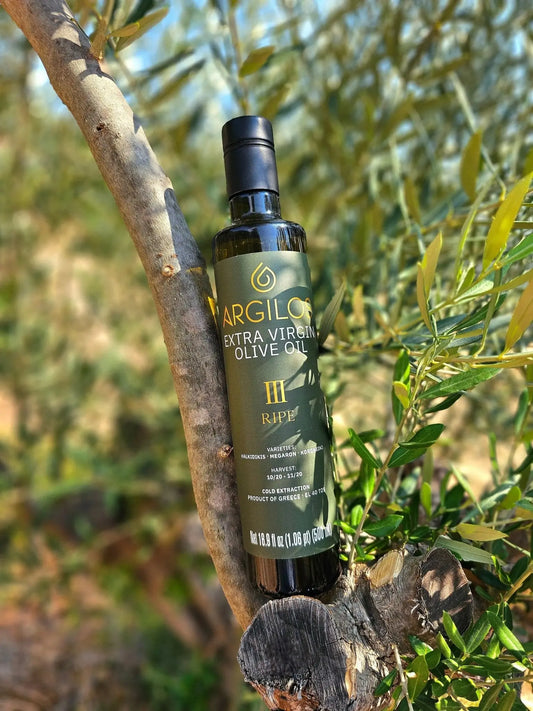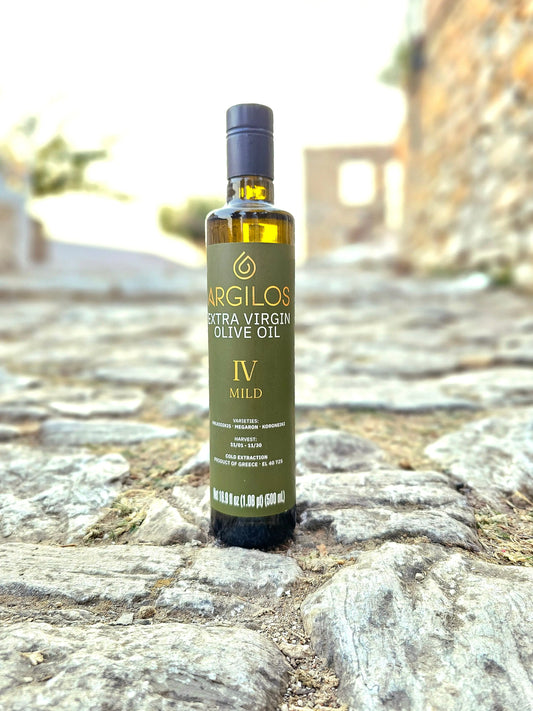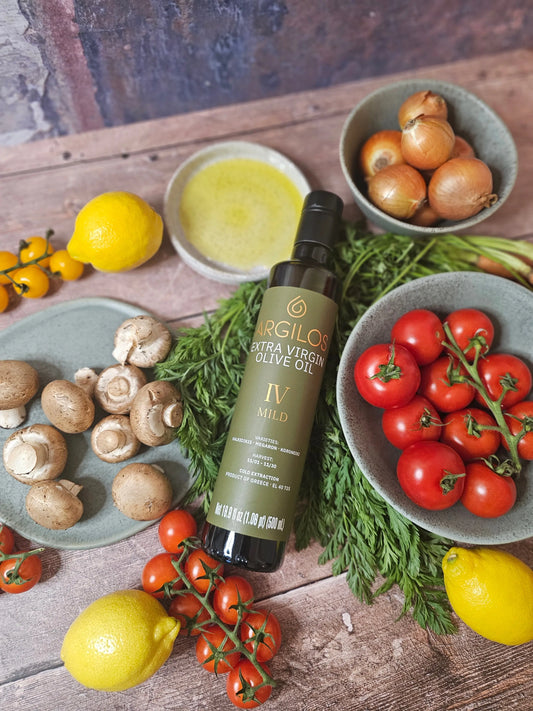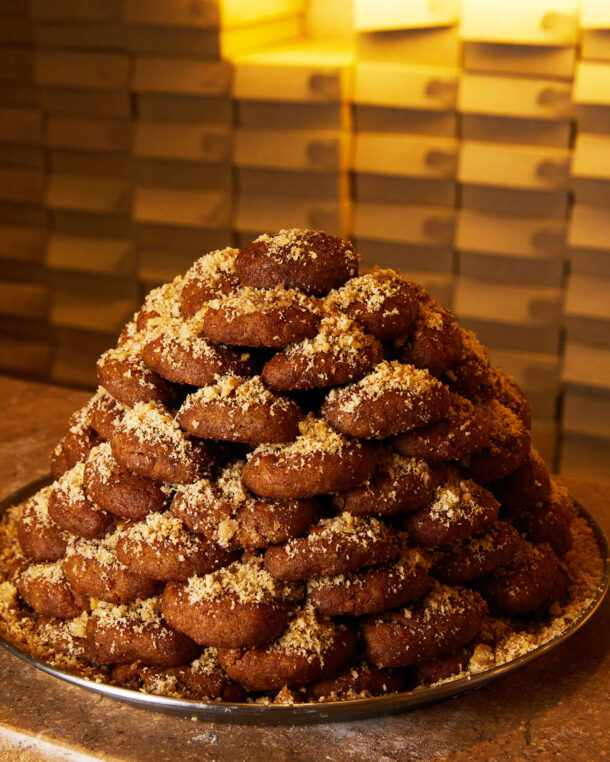
Traditional Melomakarona Recipe
Share
Traditional Melomakarona
A festive Greek treat made with olive oil, honey, and warm spices. Perfect for sharing during the holidays!
The name “melomakarona” is derived from two words: "meli" (honey) and "makarona" (blessed or immortal). "Makaron," a term from ancient Greek, originally referred to a type of wheat-based bread or cake. It was associated with ancient offerings made to the gods, often to secure blessings for the people. The “meli” component refers to honey, which was highly prized in the ancient world not only for its sweetness but also for its medicinal properties and association with the divine.
Honey has ancient ties to Greek religious rituals, where it was often offered as a gift to gods like Demeter, the goddess of agriculture, and Apollo, the god of the sun and music. In fact, honey was considered a symbol of prosperity, longevity, and purity. The evolution of melomakarona as a holiday treat, therefore, can be seen as a continuation of the use of honey in food offerings to the gods.
The tradition of making sweet cakes or cookies soaked in honey has been passed down through centuries, from the ancient Greeks to the modern Greeks. Initially, the cookies were likely simple, made with basic ingredients like flour, water, and honey. Over time, as Greece absorbed various culinary influences, ingredients such as olive oil, orange zest, and spices like cinnamon were incorporated into the recipe. These additions transformed melomakarona into the modern version we recognize today, which is a perfect blend of sweetness, spice, and texture.



